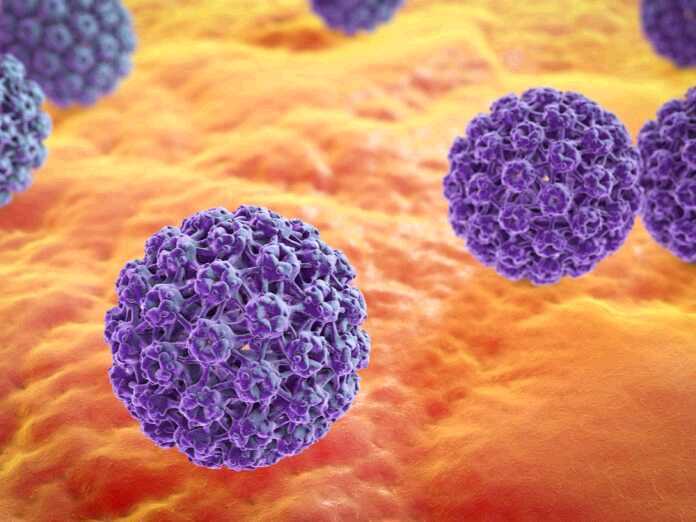
We usually think viruses and bacteria affect the lungs and stomach. Viruses and other microorganisms such as fungi and animal parasites, however, could invade any organ of the body and cause a disturbance. When a virus or other microorganism spreads into the nervous system, it is considered a neurological infection.
What is the Nervous System?
The nervous system is the body’s communication network. Messages get passed through this complex system to make the body move and function. It consists of the brain, spinal cord, nerves, and sensory organs such as the eyes, ears, and, taste buds. This system collects sensory information, processes it, and controls how the body reacts to it. An infection of this system could lead to serious health problems and even death.
Three Common Neurological Infections
- Encephalitis: Inflammation or irritation of the brain commonly due to bacteria or viruses.
- Meningitis: Inflammation of the membranes covering and protecting the brain and spinal cord. Viral meningitis usually resolves on its own, but bacterial meningitis infections are severe possibly resulting in brain damage or death.
- Human immunodeficiency virus (HIV): This virus attacks the immune and neurological systems. It is responsible for AIDS.
Symptoms of a Neurological Infection
Though different types of neurological infections have unique symptoms, some common signs to look out for are:
- Severe headache
- Weakness
- Stiff neck
- Confusion
- Fever
- Paralysis
- Seizures
Testing and Treatment for Neurological Infections
If you believe you have a neurological infection, see a doctor immediately. Early diagnosis and treatment of many neurological infections can prevent serious or life-threatening complications.
To diagnose a neurological infection, a doctor may order blood tests, get imaging of a certain area of the body with an MRI or CT scan, or perform a spinal tap. Treatment varies on the type and location of the infection and can include medications like antibiotics or anti-virals, IV fluids, and steroids to prevent swelling.





























